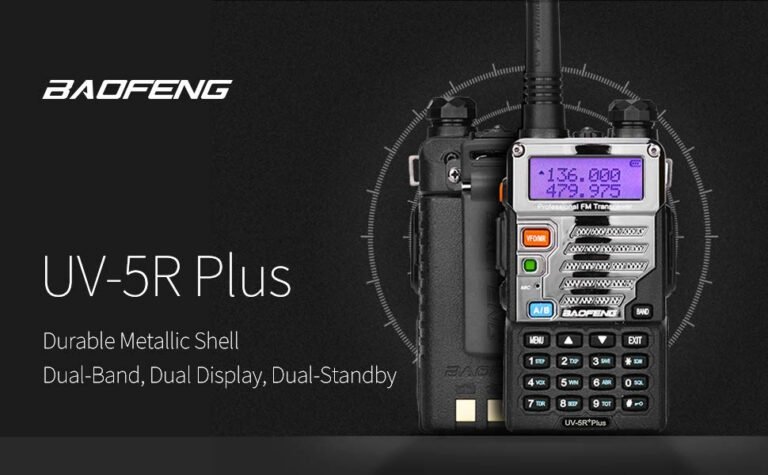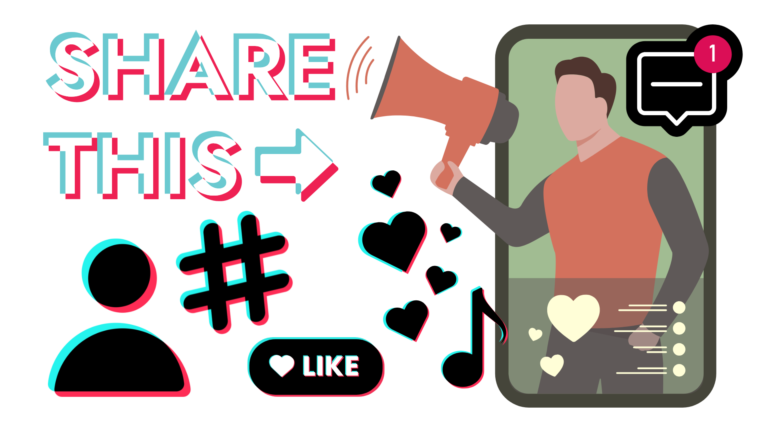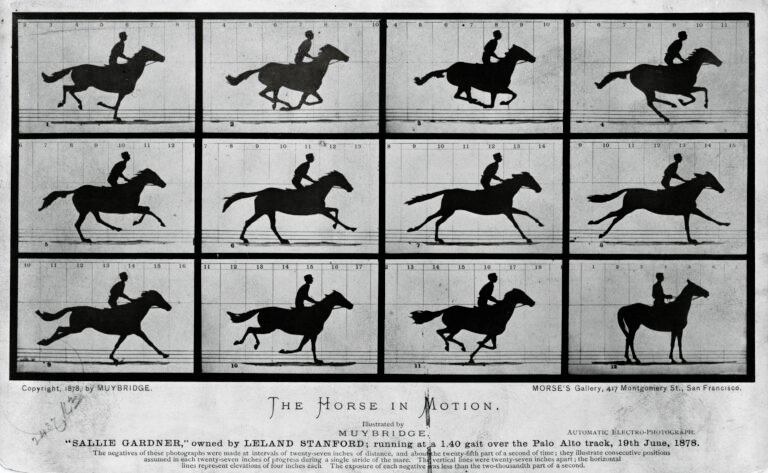Have you ever found yourself staring at your computer screen, finger hovering over the “Publish” button for your first-ever ad campaign or ad strategies? That’s exactly where one of my clients sits right now with $3,000 in monthly ad budget and a dream of helping business owners access 0% APR funding. The catch? He’s never run a single ad before.
Ad Strategies & Digital Advertising Key Points
“I know I have a great product,” Daniel told me during our first strategy call, his voice mixing excitement with anxiety. “I mean, business owners only pay me if they get funded – it’s a no-brainer, right? But I keep hearing horror stories about people burning through their ad budget with nothing to show for it.”

If you’re nodding your head right now, whether you’re just starting out like Daniel or you’ve been burned before with different ad strategies, you’re about to discover something game-changing. What if I told you that most marketers get it wrong right from the start by fighting over the same 3% of “ready-to-buy” prospects, while ignoring a goldmine of opportunity in the other 97%?
beginner business funding marketing
Let me share how we’re planning to help Daniel turn his $3,000 monthly budget into a lead-generating machine across Instagram, and YouTube, without burning through his savings. We’re splitting the budget between Instagram/Meta ($2,000) and YouTube ($1,000) ad strategies, but here’s the key: we’re not going to start by shouting about 0% APR funding.
You might be thinking, “Wait, what? We’re not going to advertise the product?” And you’d be right to question this approach. But let me tell you why this counterintuitive strategy is exactly what Daniel needs.
Strategy 1: The Silent Problem Awakener (40% of Market)
business growth opportunities
On Instagram and Meta, we’re starting with simple, relatable stories. Picture this: A local gym owner who had to turn away new members because his equipment couldn’t handle the load. A restaurant owner watching the lunch rush leave because her kitchen was too small. These aren’t funding stories – they’re growth opportunity stories.

For YouTube, we’re creating engaging 3-minute videos titled “Hidden Growth Killers in Your Business” and “The Real Cost of Waiting.” No mention of funding yet – just pure value and eye-opening insights that keep business owners up at night.
Strategy 2: The Problem Amplifier (20% of Market)
business expansion challenges
As engagement grows, we shift to content that speaks directly to business owners who recognize their growth limitations. On Instagram, we use carousel posts showing real numbers: “Every $5,000 in equipment investment returns $15,000 in annual revenue – but only if you move fast enough.” The comment trigger “FUNDS” leads them straight to our VSL which is tied to a powerful CRM automation that is long term reminding them about timing and opportunity.
Our YouTube content evolves on different ad strategies for specific scenarios: “Why 67% of Business Owners Miss Their Perfect Growth Window.” These videos end with a clear call to action linking to our VSL about strategic timing and funding.
Strategy 3: The Solution Explorer (20% of Market)
business funding solutions
Now we’re talking to business owners actively seeking funding solutions. Our Instagram stories showcase split-screen comparisons: Traditional funding vs. Strategic growth funding. The 0% APR concept is introduced naturally, with real business owners sharing their experiences.
Inside the YouTube ad strategies we use content that becomes our educational modules on the platform, with titles like “The Smart Business Owner’s Guide to Zero-Risk Funding.” Each video leads viewers to our VSL, which now focuses on our unique approach to funding.
Strategy 4: The Trust Builder (20% Combined Market)
business funding success stories
For those familiar with funding options, we share detailed case studies across all platforms. Our Instagram features quick-hit success stories with real numbers: “How Mike turned a $20,000 funding into $60,000 profit in 90 days.” The “FUNDS” comment trigger now leads to a VSL focused on implementation and success stories.
YouTube content becomes more technical, explaining the mechanics of 0% APR funding and our success fee model. These detailed videos naturally lead to our final VSL version, which emphasizes our risk-free approach.
The VSL Strategy: Converting Interest Into Action
video sales letter optimization
Our Video Sales Letter evolves with each awareness stage:
- For the unaware: Focus on missed opportunities and growth potential
- For problem-aware: Emphasize timing and market windows
- For solution-aware: Detail our unique funding approach
- For product-aware: Showcase implementation and results
Budget Management and Scaling
advertising budget optimization

We’re starting conservatively, testing each message with small budgets ($200-300) before scaling winners. Key metrics we’re watching:
- Story completion rates on Instagram
- Comment quality on posts
- YouTube watch time
- VSL completion rates
- Strategy call show-up rates
A Look Into the Future
future of business funding
As we move through 2025, Daniel’s journey from advertising novice to funding expert will be marked by constant learning and adaptation. We expect to see:
- 150-200 qualified VSL views monthly
- 30-40 strategy call bookings
- 10-15 funded clients
- Average success fee: $2,500 per funded client
Consider The Following Ad Strategies:
If you’re in Daniel’s position – whether with funding or any other business – start by understanding your market’s awareness levels. Don’t rush to sell. Instead, begin by telling stories that resonate with your potential clients’ daily challenges.
Remember, success in advertising isn’t about having the biggest budget or the flashiest ads. It’s about entering the conversation already happening in your prospect’s mind and guiding them toward a solution they didn’t even know they needed.
Ready to start your own journey? Take a moment to analyze your market. Which awareness stage are most of your potential clients in? How can you start speaking to them where they are, not where you want them to be?
7 Non-Negotiables for Effective Marketing Strategy
- Align with the thoughts and feelings your potential customers
The conversation happening in their mind is your starting point, not your product features. - Target All Awareness Levels
Focusing only on purchase-ready buyers (3%) means missing out on 97% of your potential market. - Lead with Pain Points, Not Solutions
Every campaign must begin by acknowledging and articulating the customer’s challenges. Find their deepest fears, insecurities, and discomforts first – the solution comes later. The pain point is your doorway to connection. - Create Clear Impact Scenarios
Always illustrate the negative consequences of not addressing the problem. Help prospects visualize both the cost of inaction and the benefits of taking action. This contrast must be clear and compelling. - Match Message to Awareness Level
Never push a purchase message to someone who isn’t aware they have a problem. Your marketing must meet prospects where they are, not where you want them to be. Misaligned messaging wastes resources and burns bridges. - Build Trust Before Pushing Sales
Credibility and trust must be established before any sales pitch. Use testimonials, social proof, and authentic brand messaging to build rapport. Trust is earned through consistent value delivery, not sales pressure. - Provide Clear Next Steps
Every piece of marketing must include a clear, compelling call-to-action appropriate to the prospect’s awareness level. Make it easy for them to take the next logical step in their journey, whatever stage they’re at.
FAQ to Deliver
Help them understand they have a problem and why it’s important to solve it. The majority of people are not yet aware of the problem that your product or service solves.
Highlight your product’s unique features and explain why it’s the best solution. This group is familiar with your product or service but may not be entirely convinced it’s the best solution.
Position your product as the best solution and emphasize key benefits. These buyers are in the information-gathering phase, comparing options to find the best solution to their problem.
Problem Aware buyers are aware of their issue but not actively seeking solutions. This group knows they have a problem, but are not yet aware of the products or services available to solve it.
Provide a call to action that encourages a purchase with a clear incentive. This small but valuable segment is actively seeking to make a purchase. They represent the low-hanging fruit for advertisers.
Introduce your product and emphasize its unique features. Your goal is to position your product as the optimal solution and guide them towards making a purchase.
Show them how your product directly solves their problem. Educate the audience about the problem your product solves and why it’s important.
Non-Problem Aware. The majority of people (40%) are not yet aware of the problem that your product or service solves.
Introduce the problem they face and explain its consequences. Explain the Impact, Highlight the negative consequences of not addressing the problem, motivating the buyer to learn more and Provide a Solution, introduce your product as a viable solution to the problem, piquing the buyer’s interest.
It ensures you reach all potential buyers, regardless of where they are in the journey.
Highlight your product’s features and offer a call to action. Provide a clear and compelling call to action that makes it easy for the buyer to take the next step in the purchasing process. Offer a free trial, discount, or limited-time offer to encourage immediate action.
How your product directly solves their identified problem. Clearly articulate how your product directly addresses the problem the buyer has recognized. Highlight the key features and capabilities that make your product the best choice to solve their issue.
Solution Aware. These buyers are in the information-gathering phase, comparing options to find the best solution to their problem.
The problem your product solves and why it’s relevant to them. The majority of people are not yet aware of the problem that your product or service solves.
These principles aren’t just guidelines they’re fundamental requirements for effective marketing in any industry. Violating them isn’t just inefficient; it’s a recipe for wasted budget and missed opportunities.
Do you need a Media Buyer? Contact me here: [Click Here]
Do you want to learn more? [Click Here|






